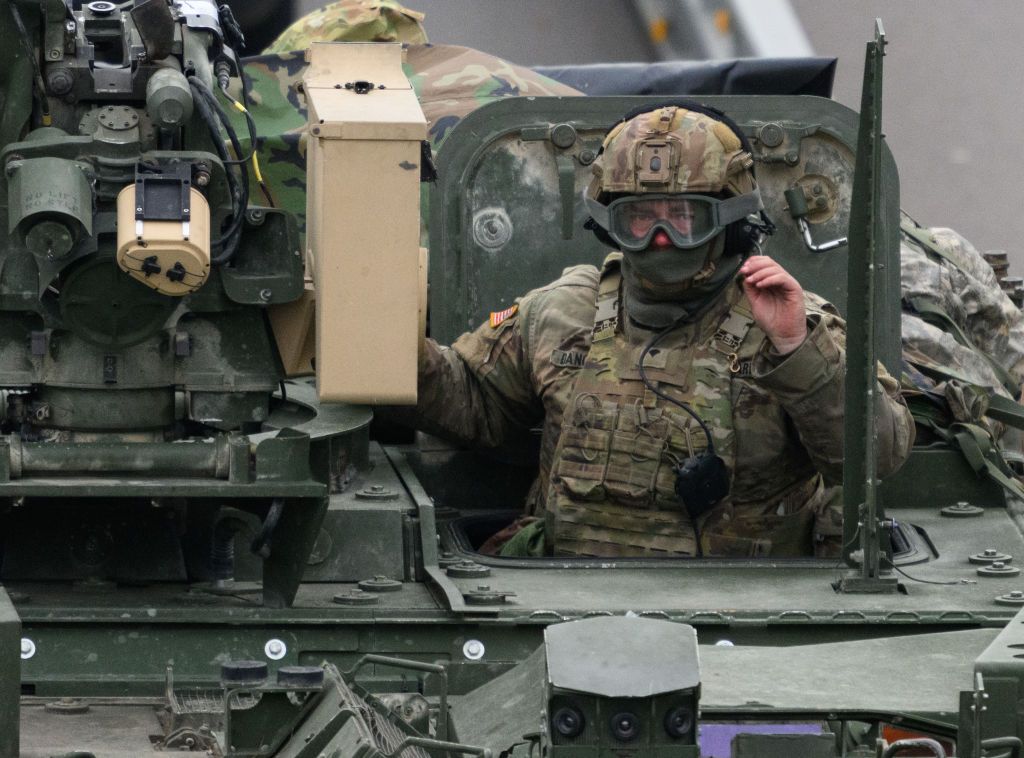NATO accuses Russia of conducting hybrid attacks inside alliance territory

NATO released a statement condemning Russian "hybrid actions" after multiple individuals were accused of working on behalf of Russia from within NATO territory.
Over the last few months, local authorities in Estonia, Germany, Latvia, Lithuania, Poland, Czechia, and the United Kingdom have investigated or arrested numerous individuals accused of working on behalf of Russia. Some of the activities these individuals have been accused of include espionage, military sabotage, and even offering to assassinate Ukrainian President Volodymyr Zelensky.
"These incidents are part of an intensifying campaign of activities which Russia continues to carry out across the Euro-Atlantic area, including on Alliance territory and through proxies," the statement reads. "This includes sabotage, acts of violence, cyber and electronic interference, disinformation campaigns, and other hybrid operations. NATO Allies express their deep concern over Russia's hybrid actions, which constitute a threat to Allied security."
The uptick in arrests and deportations raises questions about the extent of Russia's influence inside Europe. In addition to mass cyberattacks reported across the region, Russian intelligence actively deploys agents and operatives across Europe.
NATO promised to strengthen its response to Russian hybrid actions. Earlier this week, NATO convened its largest cyber defense exercise, Locked Shields, to better prepare NATO allies against Russian cyber attacks. Representatives from Ukraine also participated in the exercises.
Tensions between Moscow and the alliance have been mounting since the start of the full-scale Russian invasion of Ukraine. European leaders have more recently warned that Russia's expansionist threats may lead to an attack on NATO in the coming years.
Polish President Andrzej Duda said on March 19 that Russia may attack NATO as early as 2026 or 2027. That assessment falls in line with comments made by Danish Defense Minister Troels Lund Poulsen, who estimated on Feb. 9 that Russia may attack NATO within three to five years.
Around the same time, French President Emmanuel Macron called Russia's invasion of Ukraine "existential" for France and the rest of Europe. Later, Macron said he would not rule out the possibility of sending Western troops to Ukraine.
Although the Chair of the NATO Military Committee later stated that there are currently no signs that Russia is planning an attack on NATO countries, he did warn that the alliance must be prepared for future escalation.














